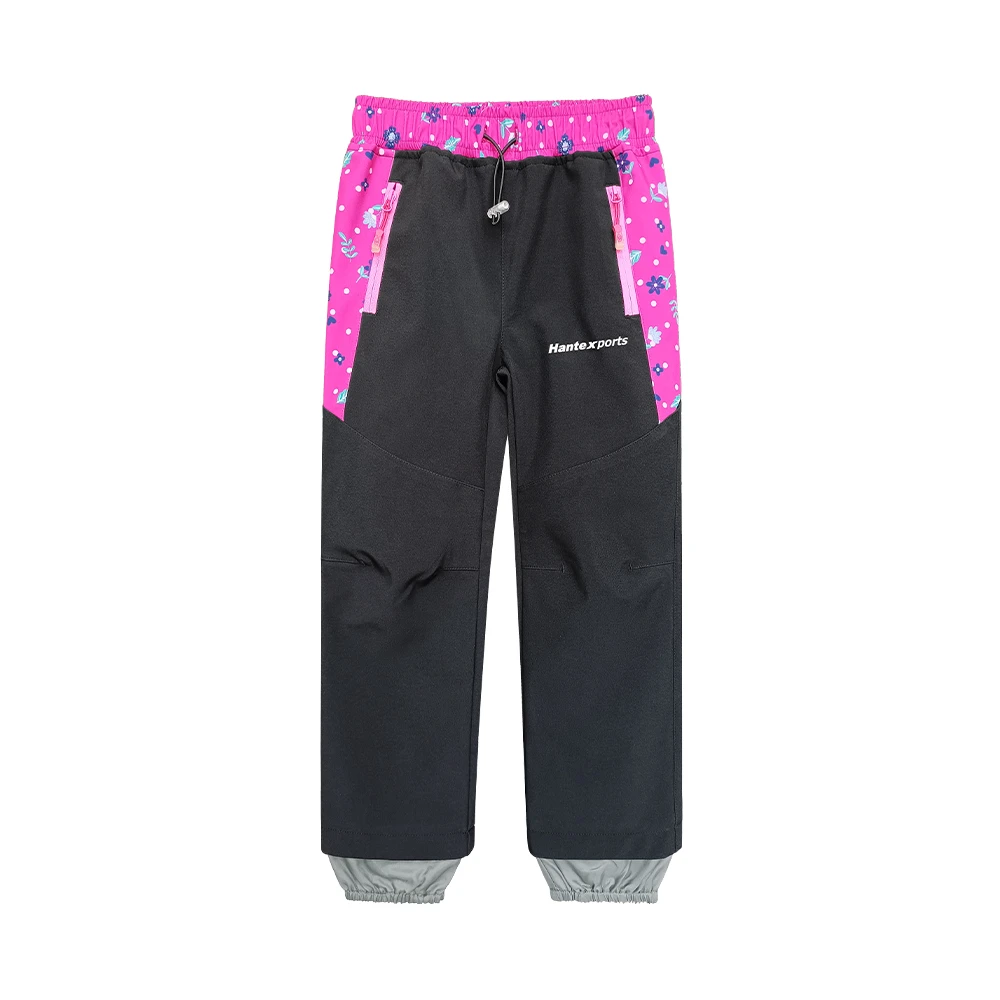The Disposable Culture A Double-Edged Sword
In recent decades, the concept of disposability has seeped into nearly every aspect of our daily lives. Whether it’s the plastic cutlery we use at picnics, the single-use coffee cups that accompany our morning commutes, or the fast fashion that replaces our wardrobes each season, disposable products have become ubiquitous. While the convenience of disposables can’t be denied, this trend raises critical questions about sustainability, consumer behavior, and environmental impact.
At the heart of the disposable culture is a desire for convenience. In an increasingly fast-paced world, disposable products offer a quick solution to everyday needs. Need to celebrate a birthday? Grab a set of disposable plates. Craving coffee on the go? A single-use cup from your local café serves you well. This allure of instant gratification encourages consumers to favor disposability over longevity, often without considering the repercussions of their choices.
However, the convenience of disposables comes at a steep cost. The environmental implications are staggering. According to the United Nations, single-use plastic items are a major contributor to the global plastic pollution crisis, with millions of tons entering our oceans annually, harming marine life and ecosystems. The International Solid Waste Association estimates that the waste generated by products designed for immediate use contributes significantly to landfills, where they can take centuries to decompose. The sheer volume of disposables overwhelms waste management systems, leading to pollution, ecological damage, and a significant carbon footprint.
disposable

Moreover, the disposable culture promotes a mentality of irresponsibility. When we view products as temporary, we are less inclined to consider their lifecycle. Many consumers are unaware of the resources consumed to produce disposable items, from the extraction of raw materials to manufacturing processes that emit greenhouse gases. This disconnect between consumption and environmental impact underlines a critical failure in consumer education and awareness.
In recent years, however, there has been a growing movement towards sustainability and the reduction of disposables. Many organizations and individuals are advocating for reusable alternatives, highlighting the importance of circular economies where products are designed to be reused, repaired, and recycled. Brands like BlueApron and companies that promote zero-waste lifestyles encourage us to rethink our consumption patterns, focusing on durability and sustainability. Initiatives such as plastic bag bans and campaigns to promote reusable containers are also gaining traction, catalyzing societal change towards more responsible consumption.
This shift towards sustainability is not just about reducing waste—it's about fostering a healthier relationship with the environment. As consumers, we hold the power to influence the market by choosing products that reflect our values. Every purchase decision we make has the potential to support sustainable practices or contribute to a culture of disposability.
In conclusion, while disposables serve a practical purpose in our modern lives, we must recognize their broader implications. The convenience of disposable products often blinds us to the environmental and ethical consequences of our choices. As we navigate this complex landscape, it's vital to advocate for a more sustainable approach to consumption. By prioritizing reusable options and supporting eco-friendly initiatives, we can collectively work towards a future that values the planet as much as convenience, ultimately moving away from a disposable culture towards one that cherishes durability and sustainability.















